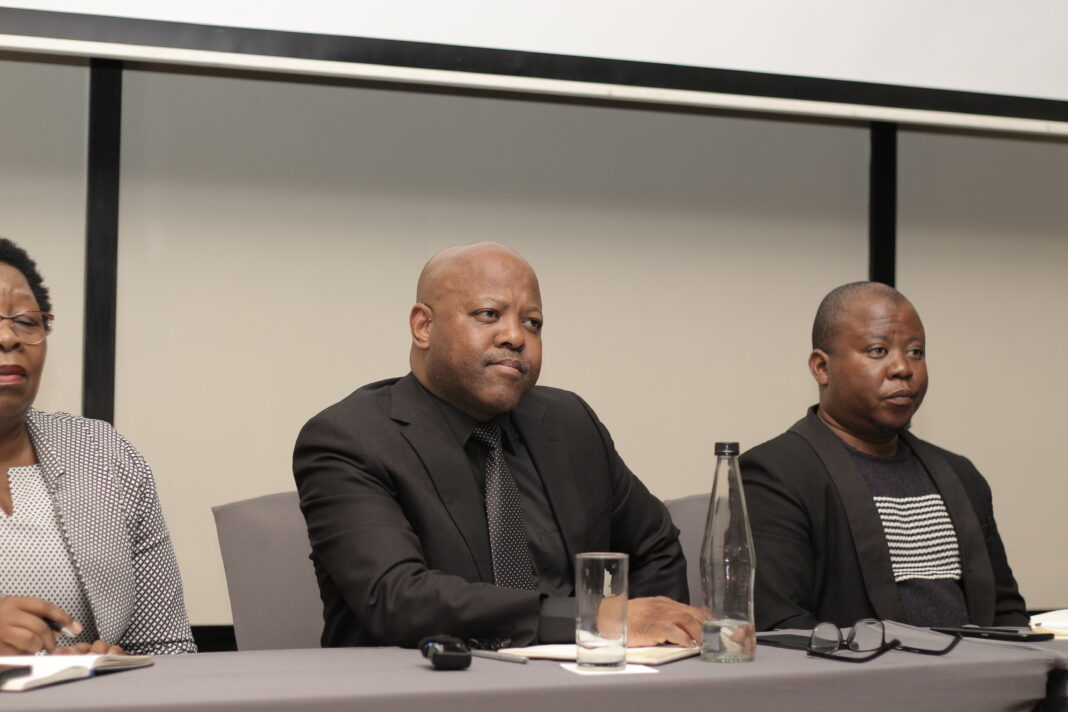Lineo Mahlomola
Lesotho is on the verge of a significant transformation as it nears the finalisation of the Energy Bill 2023, a monumental step that promises to shift the nation from a net energy importer to an energy self-sufficient country with the capacity to export its surplus energy.
The Ministry of Natural Resources recently organised a validation workshop for the draft Energy Bill 2023, where various stakeholders from the energy sector convened to discuss its implications and potential.
The proposed legislation seeks to address key objectives, foremost among which is the exploration of renewable energy sources with minimal environmental impact.
Additionally, the bill aims to establish tariffs that accurately reflect costs for private sector involvement, introduce necessary incentives to encourage sector participation, ensure energy affordability across various sectors of the economy, and align with the aspiration of achieving sustainable energy for all by the year 2030.
Speaking at the workshop, Mohlomi Moleko, the Minister of Natural Resources, emphasised the strategic importance of the bill in reshaping Lesotho’s energy landscape.
Moleko explained that the bill is designed to enable Lesotho to generate sufficient energy to meet its internal demands while also enabling the sale of surplus energy to neighboring countries.
He stressed that effective regulation of the energy sector is essential to realising the government’s vision of energy self-sufficiency and economic growth.
“As far as I am concerned, it is the most important bill in the country, as it facilitates energy provision to the rural communities and aims to ensure that Lesotho becomes energy self-sufficient,†stated Moleko.
“This will, in turn, spur economic development as Lesotho becomes one of the first countries to be a net exporter of green energy,†he added.
Moleko further highlighted the bill’s significance as a critical document that has captured the attention of development partners, private sectors, and multinational development banks.
The bill’s development was made possible through support from the European Union (EU) delegation in Lesotho, which aided in accelerating the resolution of key technical issues.
These issues included clarifying the mandates and roles of energy sector institutions, consolidating levies and funds into a unified structure, legislating the Energy Policy 2015-2025, and strengthening the Department of Energy’s coordination functions.
Acknowledging the collaborative efforts during the drafting process, Moleko praised the Department of Energy, Lesotho Electricity and Water Authority (LEWA), Lesotho Electricity Company (LEC), Rural Electrification Unit (REU), and Petroleum Fund (PF) for their contributions.
“These institutions played pivotal roles in shaping the draft Energy Bill 2023, reflecting the government’s commitment to an inclusive and comprehensive approach to energy reform,†he said.




